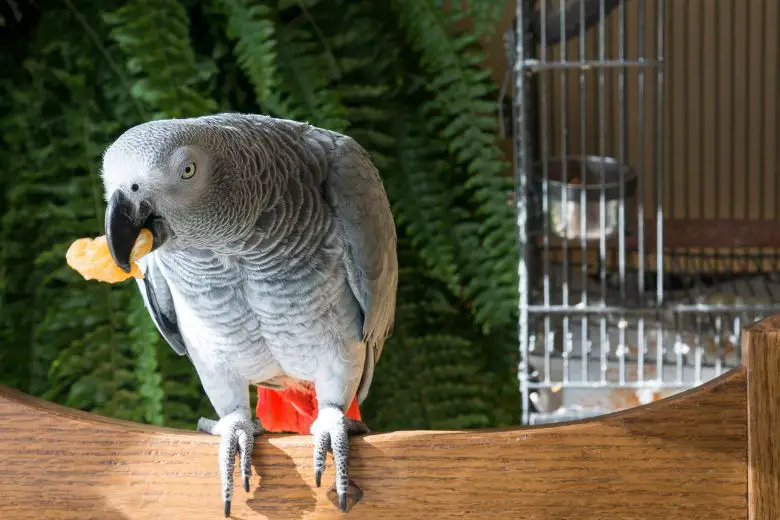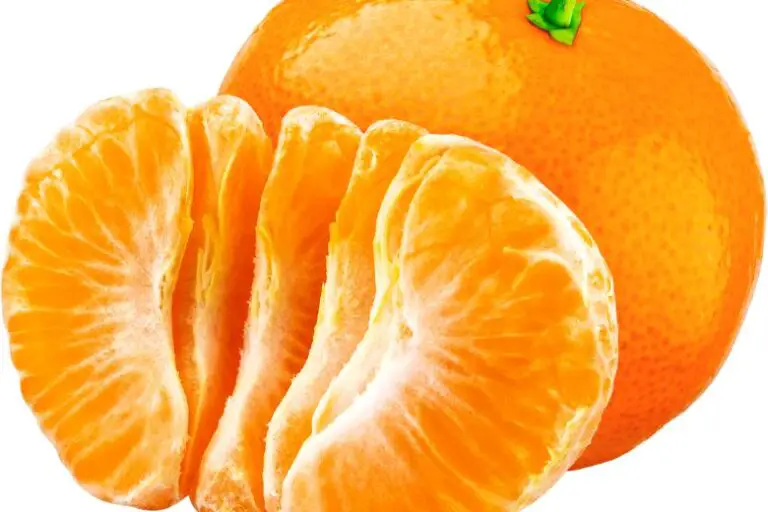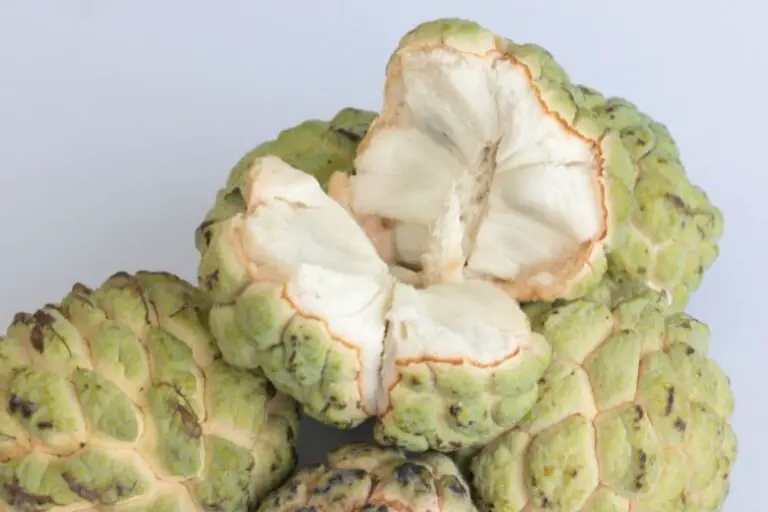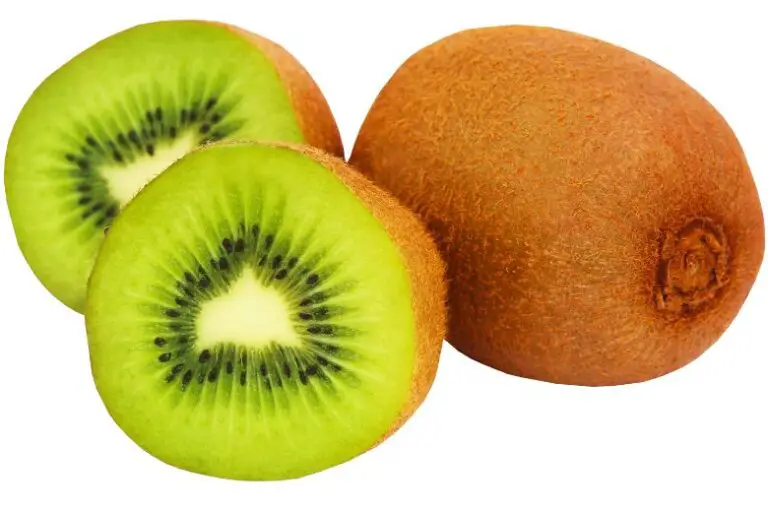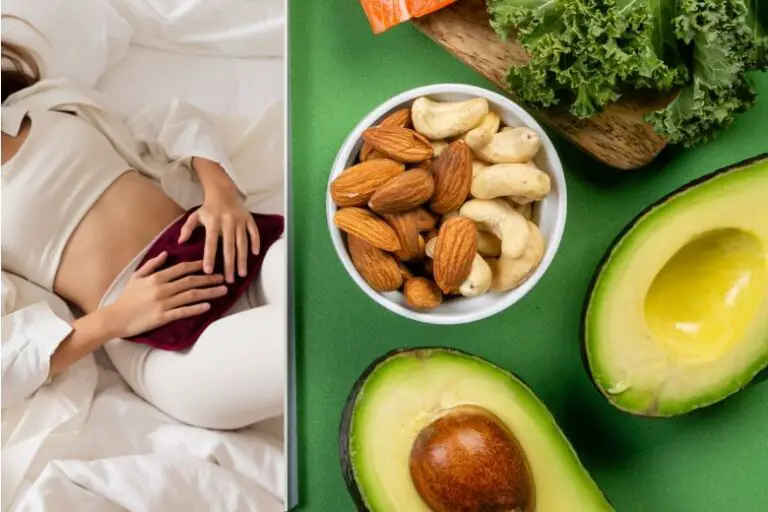Can African Greys Eat Grapes
African Grey parrots are renowned for their exceptional cognitive abilities and their unique personalities. Their diet plays a pivotal role in maintaining their overall health and vitality. As an owner, you might be curious about the safety of feeding grapes to your feathered companion.
The Nutritional Needs of African Greys
Before we address the grape question, let’s highlight the nutritional requirements of African Grey parrots. They need a balanced diet that includes a mix of fruits, vegetables, grains, and proteins. This variety ensures they receive the necessary vitamins, minerals, and nutrients for optimal well-being.
Grapes in the Diet: Pros and Cons
Grapes offer several nutritional benefits, including antioxidants and dietary fiber. However, they also contain natural sugars, which can be both advantageous and problematic for parrots. Moderation is key, as excessive sugar consumption can lead to health issues like obesity.
The Risk of Grape Toxicity
One concern regarding grapes is the potential toxicity. Grapes and raisins have been linked to kidney failure in dogs, but the same level of toxicity hasn’t been definitively established for parrots. Regardless, caution is advised due to the sugar content and the possibility of allergic reactions.
How to Introduce Grapes Safely
If you decide to introduce grapes into your African Grey’s diet, take a gradual approach. Start by offering a small piece and observe how your parrot reacts. Some parrots may take to grapes without any issues, while others might show disinterest or digestive sensitivity.
Portion Control and Frequency
Like any fruit, grapes should be given in moderation. As a rule of thumb, treats like grapes should constitute no more than 10% of your parrot’s daily diet. This ensures they receive a balanced and diverse range of nutrients.
Alternative Fruits to Consider
If you’re uncertain about grapes, there are alternative fruits you can offer. Blueberries, apples, and melons are good options that provide various vitamins and minerals without the same level of sugar as grapes.
Signs of Allergic Reactions or Digestive Issues
Watch for any signs of allergies or digestive problems after introducing grapes. If you notice changes in behavior, stool consistency, or overall health, it’s best to consult with an avian veterinarian.
Ensuring Hydration
African Greys, like all parrots, require proper hydration. While fruits like grapes offer some water content, always ensure fresh and clean water is available for your parrot.
Training Treats vs. Dietary Components
Grapes can be used as training treats, fostering positive behavior through rewards. However, remember that treats should never replace the essential components of a parrot’s diet.
The Role of Variety in a Parrot’s Diet
Variety is crucial in an African Grey’s diet. Different fruits, vegetables, and grains contribute to a well-rounded nutritional intake, promoting their overall health and happiness.
Addressing Common Misconceptions
There’s a wealth of information on parrot diets, and it’s important to discern fact from fiction. Consult reputable sources and consider individual factors when making dietary choices for your African Grey.
Consultation with Avian Veterinarians
When in doubt, consult with a veterinarian who specializes in avian care. They can provide tailored advice based on your parrot’s health, age, and specific dietary needs.
Conclusion
Grapes can be included in an African Grey parrot’s diet with caution and moderation. While they offer certain nutritional benefits, their sugar content and potential allergic reactions warrant careful consideration. As a responsible owner, prioritize variety, moderation, and consultation with avian professionals to ensure your feathered friend’s well-being.

